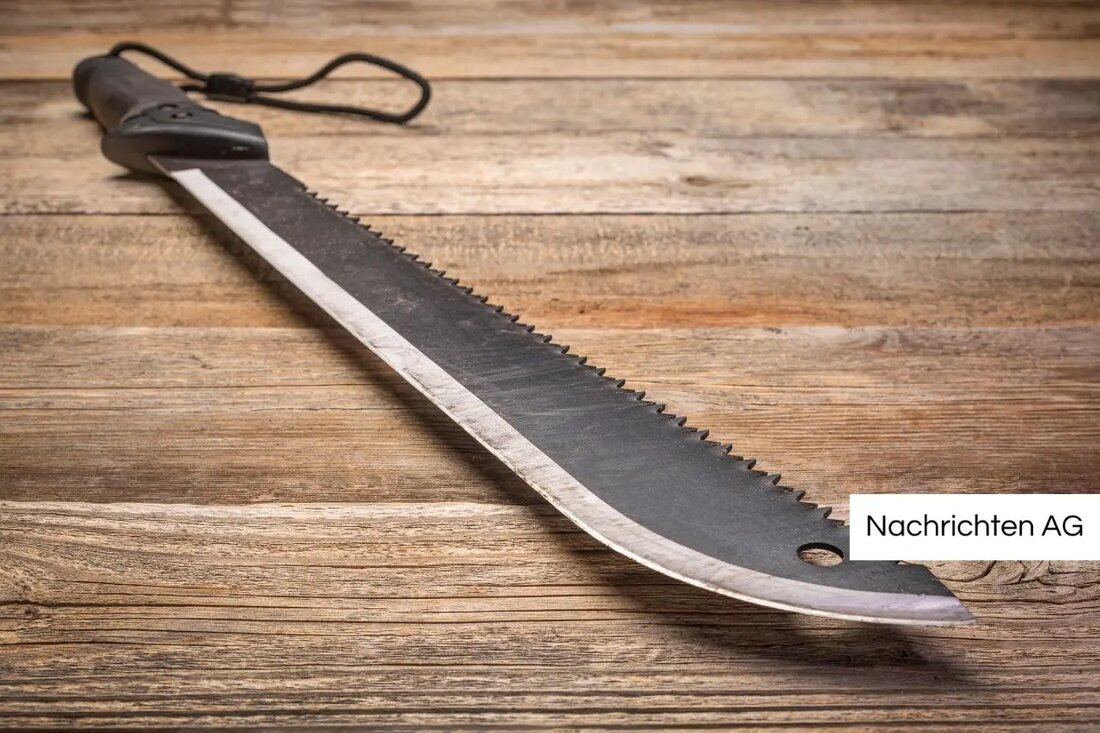Neunkirchen: First controls in a new weapon ban zone successful!
Neunkirchen: First controls in a new weapon ban zone successful!
On March 12, 2025, the Neunkirchen police inspection, together with the State Police Directorate, carried out the first controls in a newly established weapon and knife ban zone. This prohibition zone comprises the central areas of the city, including the Machsplatz, Lindenallee, the Lübbener Platz, the paths along the Bliesufer and the Postpark. The aim of this measure is to increase public security in strongly frequented places in Neunkirchen, especially after a number of knife attacks that have triggered concern in public.
Between 12:30 p.m. and 4:45 p.m., a total of 44 people were checked as part of these controls. The officials found an irritant sprayer for one person and a pocket knife with another. It was also found that a man consumed illegal drugs. Investigations were initiated in all three cases. Such controls are part of a more comprehensive plan for enforcing the new safety regulations and should continue to be continued in the future to ensure compliance with the prohibition regulations, such as presseportal.de
criticism and scientific perspective
The introduction of weapons ban zones is not without controversy. Critics, including the left-wing city councilor Luigi Pantisano, argue that these measures often stigmatize and criminalize young men with a migration background. The police reject such allegations. Here it becomes clear that the discussion about the effectiveness of this area bans is complex.
Scientific voices, such as the criminologist Dirk Baier, warn against attributing the increase in violent crime only to a certain population group. Rather, it calls for a comprehensive approach that includes social prevention, empathy training and conflict resolution in schools. Despite a general unity of the need for measures to combat violent crime, the success of prohibitions on weapons remains questionable. Experts agree that they only combat the symptoms of the problem, while deeper social causes remain untreated.
| Details | |
|---|---|
| Quellen | |


Kommentare (0)